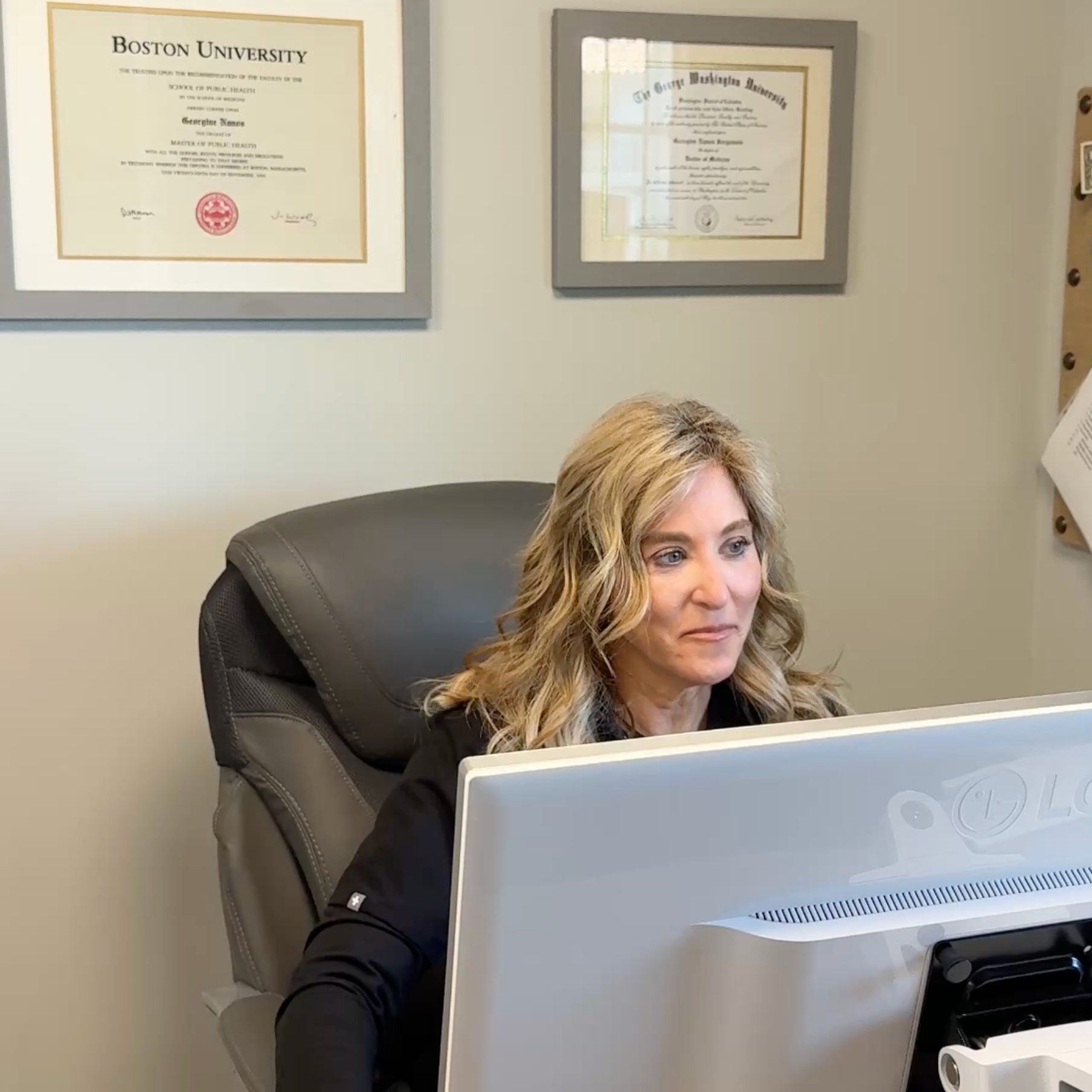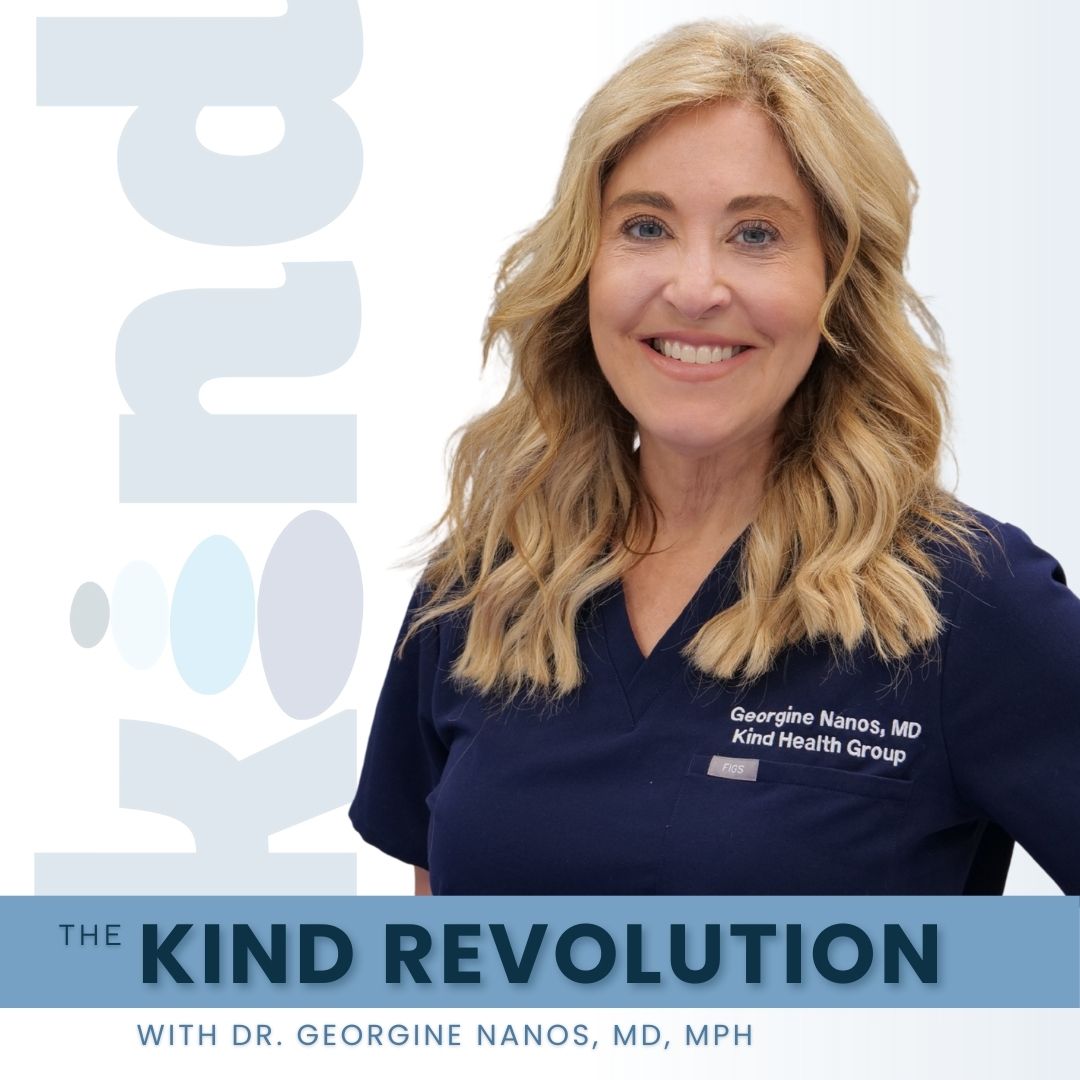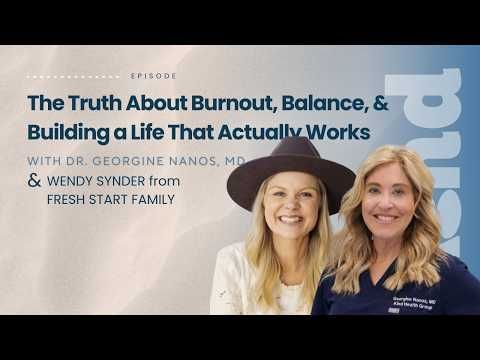The Hidden Connection: Why Core Strength is Your Secret to Aging Gracefully
July 28, 2025
The missing piece

Last Tuesday, Karen was at her usual SoulCycle class when it hit her. Not some profound fitness revelation—just a sharp pain in her lower back that made her wobble on the bike. She'd been going to that same class for three years, eating clean, doing all the "right" things. But her back hurt more now than it did in her thirties, and frankly, she was getting sick of feeling like her body was betraying her.
The instructor kept shouting about "finding your core," but Karen honestly had no clue what that meant anymore. She could feel her abs burning during crunches, sure. But this deeper strength everyone talked about felt like some mythical thing she was supposed to magically possess.
Nobody tells you about getting older as an active mom.
You can look great in your workout clothes, nail every charity committee meeting, and still feel like you're falling apart from the inside out. That nagging lower back pain after carrying grocery bags. The weird fatigue that hits you halfway through the day even when you slept fine. The way you brace yourself before picking up your kid's lacrosse gear because you know it's going to hurt.
That's not aging. That's your deep muscles basically giving up on you.
Think about your great-grandmother for a second. She probably carried water buckets, chopped wood, and did physical labor that would destroy most of us. But she moved differently than we do. She had this natural strength that came from using her whole body correctly every single day.
We've lost that. Instead, we sit hunched over laptops, crane our necks down at phones, and then expect an hour at the gym to fix everything. Meanwhile, the muscles that actually matter—the ones you can't see in the mirror—are getting weaker by the day.
Your transverse abdominis wraps around your torso like a built-in back brace. But if you've never consciously activated it, it's probably not doing much. Your pelvic floor holds up all your internal organs. After kids, though, it might as well be a broken hammock. The tiny muscles along your spine keep your vertebrae aligned, but stress and poor posture turn them into tense, angry knots.
When these muscles work together properly, you move through your day like you own the place. When they don't, everything hurts and you feel older than your years.
Dr. Nanos sees this every day at Kind Health Group. Women come in looking fantastic but feeling terrible. They've tried personal trainers, yoga classes, physical therapy. They're doing everything "right" but still dealing with pain and weakness that makes them feel frustrated and defeated.
The missing piece is actually activating these deep muscles in a way that creates real, lasting strength. Not just muscle memory or good intentions—actual physiological change in how your body moves and supports itself.
Traditional exercise barely touches these muscles. You can do planks until you're blue in the face, but if you're compensating with your shoulder muscles instead of engaging your deep core, you're basically wasting your time. Worse, you might be reinforcing the wrong movement patterns.
That's where technology like Emsculpt NEO changes everything. It forces those deep muscles to contract in ways you literally cannot do voluntarily. During one session, your core muscles fire over 20,000 times. That's like doing the world's most perfect workout while you lie there reading a magazine.
Jennifer started coming to us for Botox but mentioned her chronic back pain. After six Emsculpt sessions, she texted Dr. Nanos a photo from her daughter's soccer game. She was sitting on those awful metal bleachers for two hours without her usual cushion and heating pad. For the first time in years, her back didn't hurt.
The luxury environment matters too. You're not sweating in a crowded gym or grimacing through painful exercises. You're relaxing in a beautiful space while technology does the heavy lifting. It feels more like a spa day than a workout.
Your kids notice when you move differently. When you're not constantly adjusting your position or wincing when you bend over. When you can chase them around the backyard without worrying about throwing out your back. That's the kind of strength that actually matters.
The truth is, your body wants to feel strong and stable. It's designed for it. Sometimes it just needs a little help remembering.









